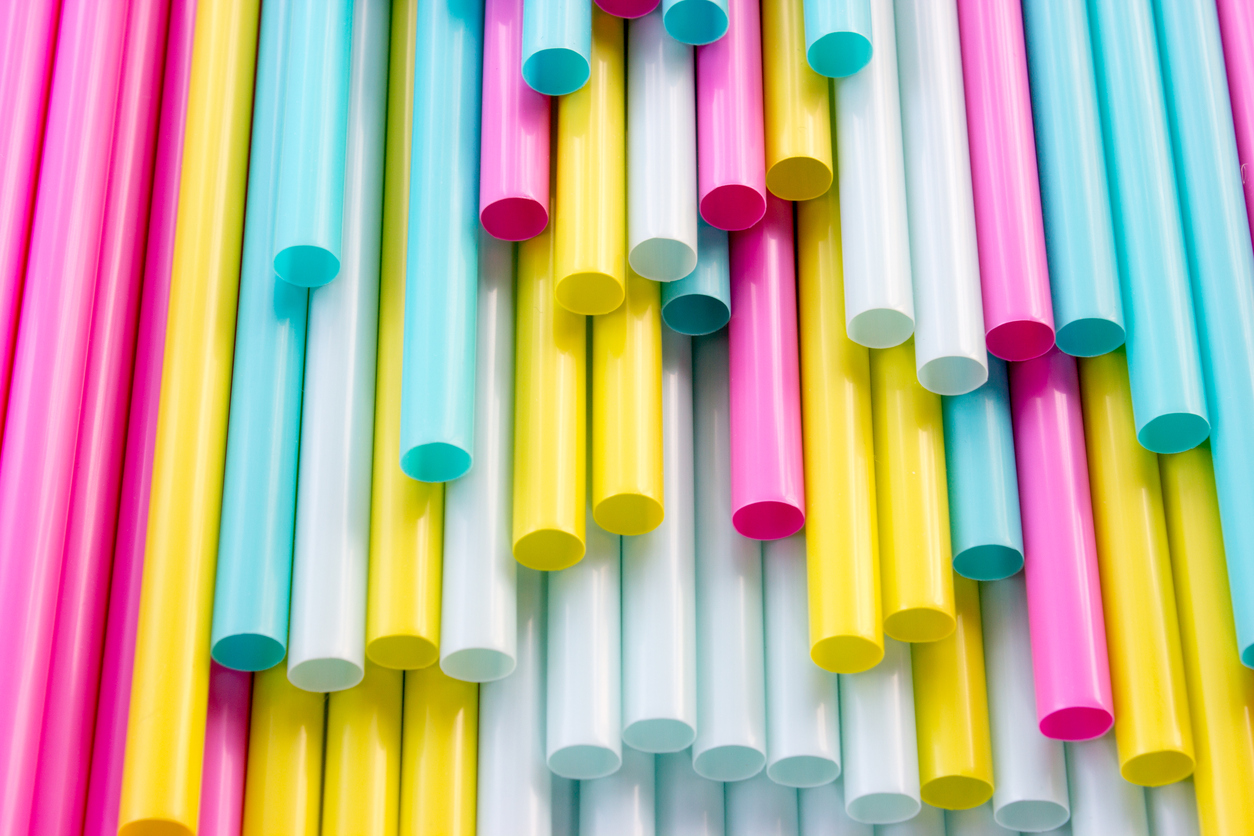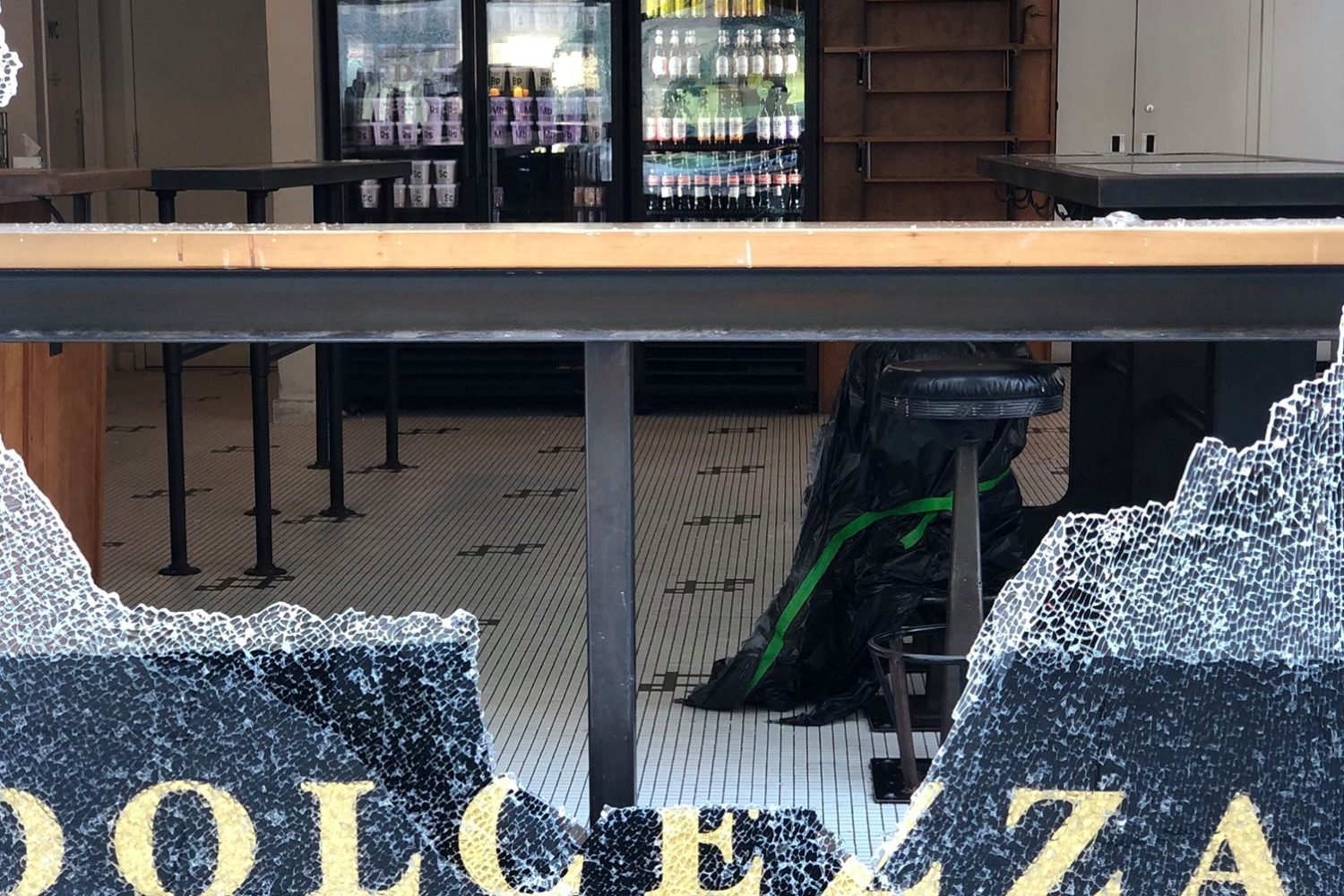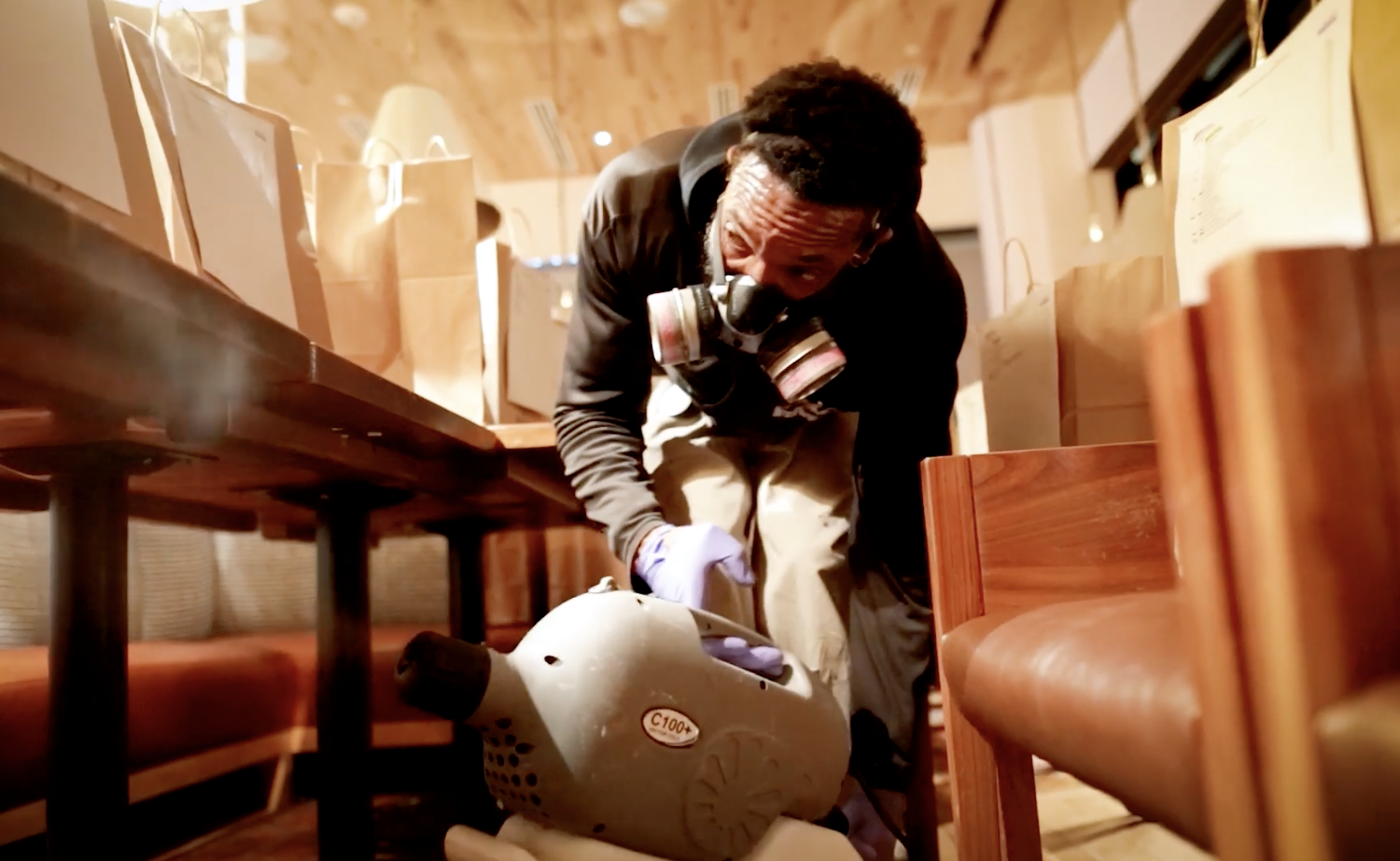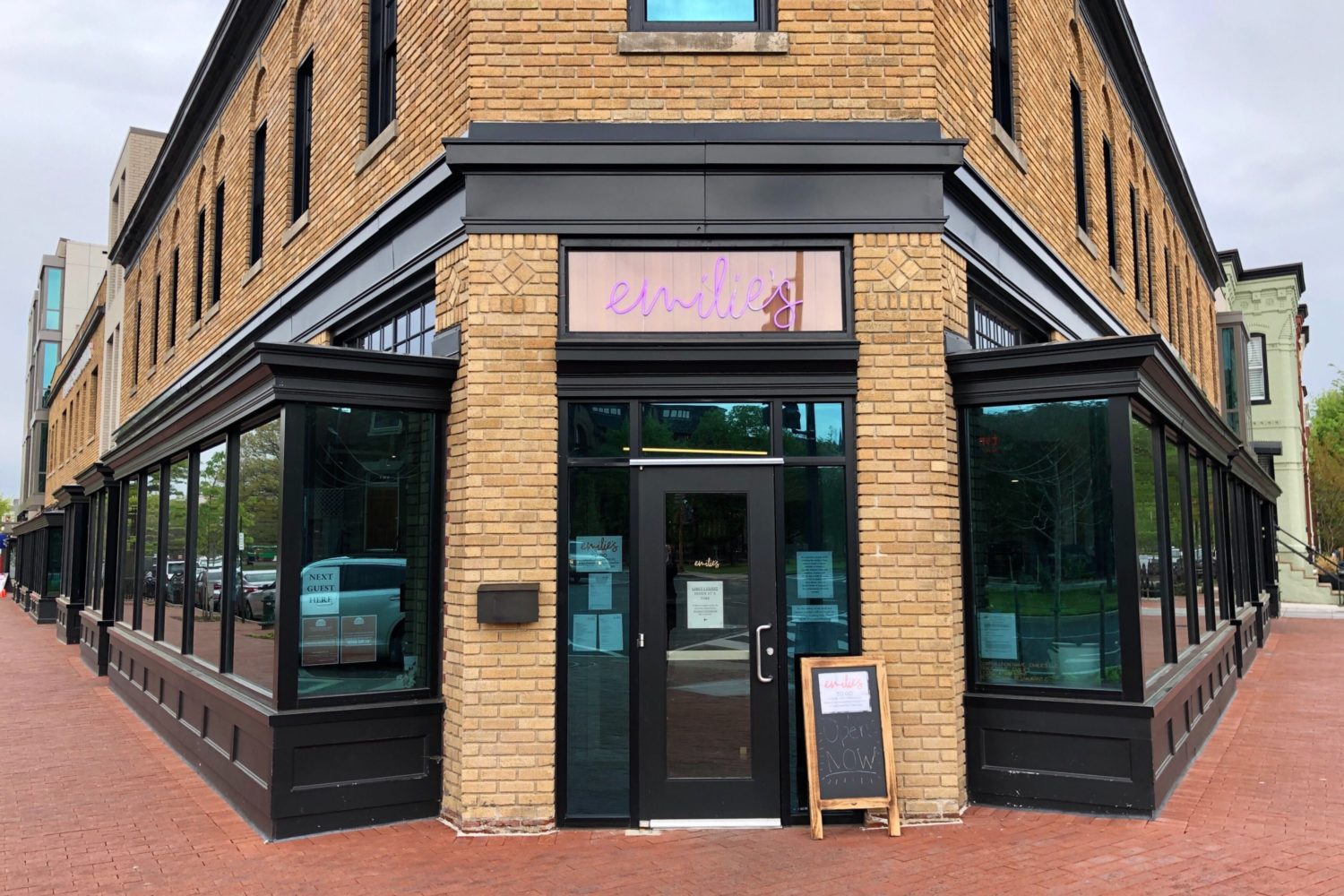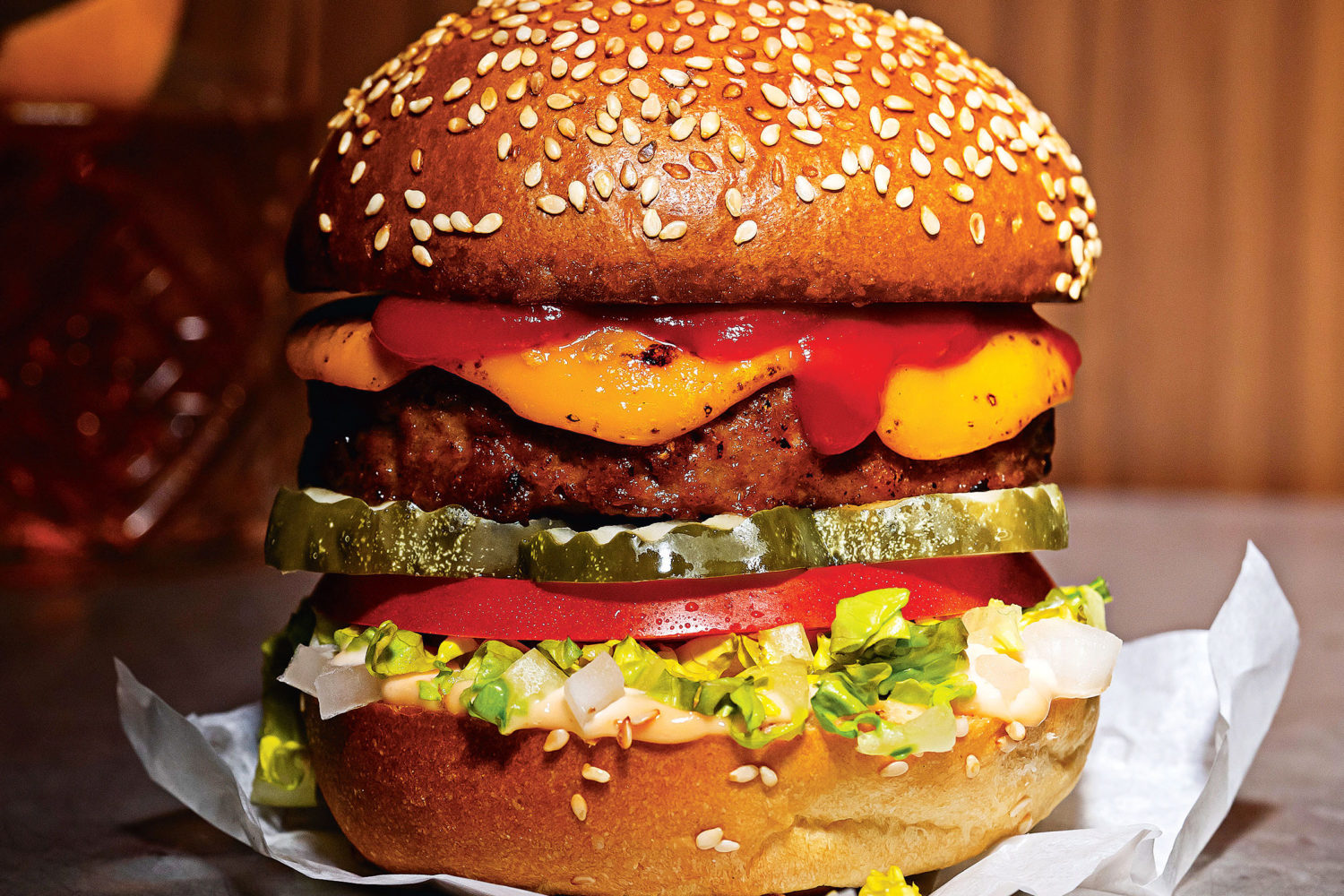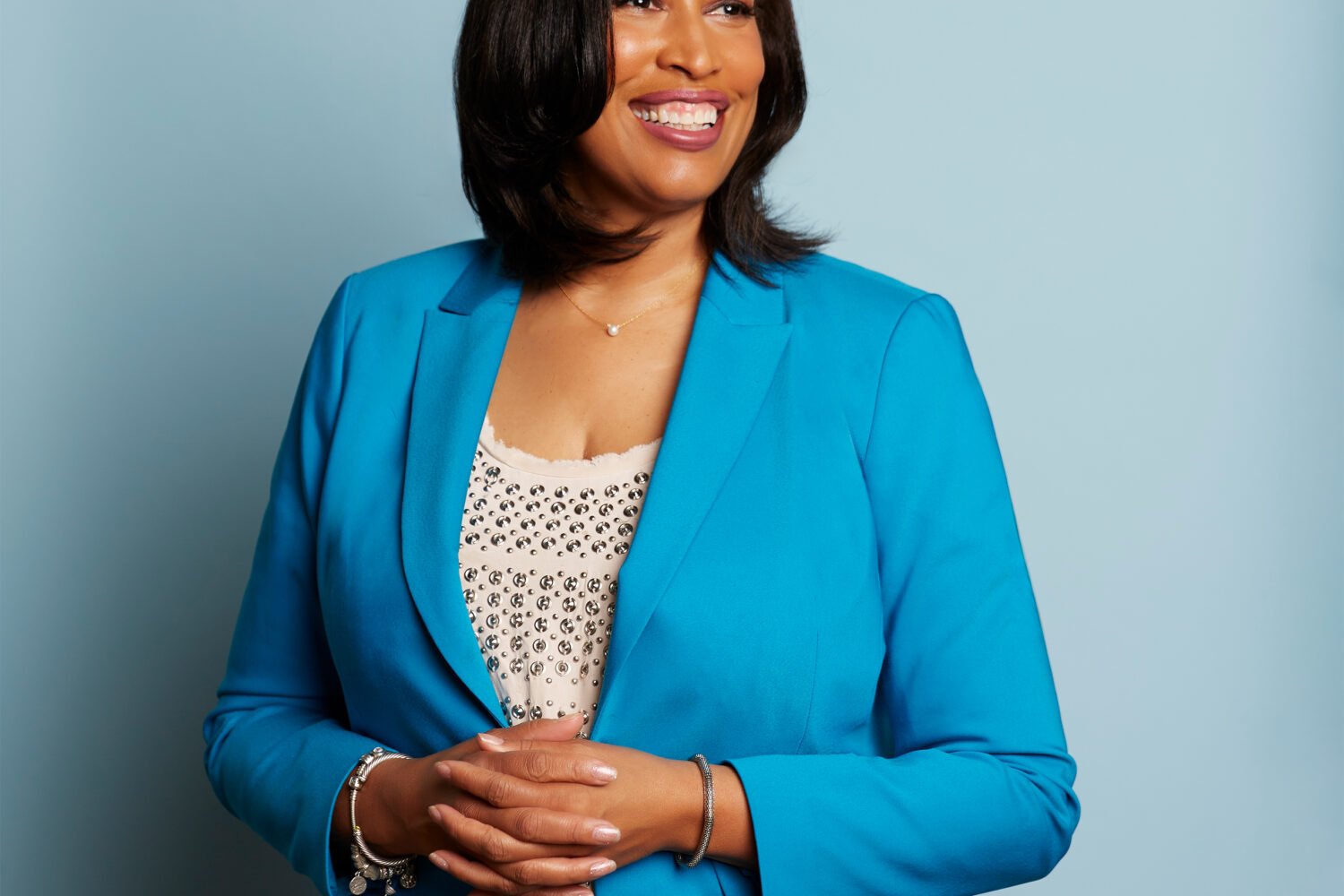DC restaurateur Dan Simons’s new venture isn’t about food or drinks—it’s about how we consume them. The Farmers Restaurant Group co-owner has stepped into sustainability with his new project Our Last Straw. Launched in June at the annual RAMMY awards, the campaign is Simons’s attempt to eliminate single-use plastics, most notably plastic straws, for good, with the help of businesses and consumers. We’ve rounded up everything you need to know about the project.
What is Our Last Straw?
Simons’ project is creating a local coalition of restaurants and other beverage servers who are committed to a simple mission: stop giving out plastic straws by November.
What’s wrong with straws?
Plastic straws, Simons says, are a “scourge.” Instead of biodegrading, they break down into “microplastics” that settle into our seafood and ocean. Because they’re so small, microplastics are difficult to remove from marine ecosystems.
A major point of the Our Last Straw campaign is public education and awareness, Simons says. “Some people just haven’t thought about it before,” he says. “When you make people aware and begin to educate them on how many plastic straws are used, how many end up in the ocean, and the fact that they don’t biodegrade—they just break down into tiny little plastics that the sea life eat and then humans eat… all of a sudden people are like wow, what can I do?”
What else am I supposed to use?
Simons doesn’t need consumers to forgo the straw entirely, although reducing demand is an important part of the plan. Paper straws are his preferred alternative, and the newfound demand for high-quality, American-made paper straws is one of the reasons the Our Last Straw team picked November as their plastic-elimination date. “We said okay, let’s give people a chance to place orders, try to buy straws that they like, and the manufacturers can take a few months to ramp up production,” says Simons. There are also old-fashioned hay straws and rye straws hitting the markets.
What’s the plan for elimination?
It’s incredibly easy, according to Simons. “We’re telling restaurants to just eliminate them. Just stop buying them and stop putting them in drinks. The customer doesn’t notice, the customer doesn’t care.” Overall, the issue hinges around their disposability. “We just don’t need to be using them! This is as solvable as you can imagine,” he says.
What about people with disabilities who do need to use them?
Simons says his campaign considered this independently. “We were just thoughtful,” he says. “Who could this harm?” Simons says he’s for legislative banning of plastic straws, and hopes Our Last Straw will show politicians the measure would be popular. But any logically designed legislation, “could have a carve-out for, say, assisted living facilities,” he says. The point is an end to the automatically served straw and a shift toward straws on demand.
The restaurant industry is competitive. Will this help or hurt the businesses involved?
Simons says more than 50 restaurants have taken the pledge to eliminate straws, so he’s not concerned. “Folks worry about the money,” he says. “The public awareness—that’s what we’re committing to our coalition members. We’re going to help educate the general public so they’ll be supportive. ‘Yeah, I don’t need a straw. Hold the straw.’ That way the cost becomes immaterial.” Plus, not buying plastic straws is straight savings for businesses, he says.
But doesn’t most plastic pollution come from developing economies in Asia and Africa?
Yes, according to a 2017 analysis. In fact, 90 percent of global plastic entering the ocean comes from just 10 river systems—and none are in North America.
So will eliminating straws in the US do anything?
It won’t solve the global plastic pollution crisis, no. But Simons says it’s a simple change with few drawbacks. “Who do you think is opposed to this? Think it through,” he says. “There’s really only one big lobby opposed to what we’re trying to do, and that’s… essentially the lobbyists on behalf of the manufacturers and the petroleum industry.”
Why now?
Simons has been thinking about single-use plastics for about ten years, and says now is the right time for Our Last Straw because of growing public awareness and willingness. “I think that as the millennial generation gets older and more active, they’ve really influenced the generations above them,” he said. “With all of the totally bonkers stuff we read about in the news every day, I think people, more than ever, are asking ‘How do I do some good?’”
What’s next?
Simons hopes to remove other single use-plastics, like lids and cups, from the supply chain. “Right now, this is about straws, but this is really about single-use plastics and our behaviors and getting that awareness,” he says. “If we can educate on that right now, then we’ve planted a really powerful seed. ‘Oh, yes, single use plastics, I haven’t even thought about what I throw away every day.’”

